For years, a huge part of the world was exporting their recyclable materials, such as plastics, glass, and paper, to China for recycling. Unaware of where these materials ended up, many assumed that eventually, they were recycled and re-made into new materials, supporting a circular economy and preventing landfills from growing. However, much of the world’s recyclable material is considered “contaminated”, whether by dirt and food or by being mixed with materials that are not recyclable. After years of challenges, Chinese waste management and recycling businesses developed their industry to find efficient ways of processing these imports. However, in 2018, China stopped importing these low-quality materials, shocking the market. Many Southeast Asian countries have started buying these recyclables imports, but no country has an industry developed enough to process the low quality and contaminated goods. Waste is often burned or littered, polluting air quality, water sources, and communities.
In countries such as Myanmar, businesses who previously exported their materials to China have been left without any competitive buyers. The domestic industry is not developed enough to handle many of these materials, lowering demand and increasing the amount of waste discarded. To compound the problem, many communities are unaware of the need to recycle or separate their waste. Myanmar has one of the fastest-growing urban consumer markets in Asia. As a result, waste materials are skyrocketing in volume and will soon become a major environmental and health concern.
Myanmar has been in transition towards democracy and a market-based economy since 2011, but remains one of the poorest countries in the world. While increasing consumption presents challenges to reducing waste, these challenges also present an enormous economic opportunity as there is demand for businesses to innovate, reduce, and repurpose plastic and other waste. In 2018, with funding from The Coca-Cola Foundation, Building Markets launched a program to directly support the businesses in this industry.
To inform program design and services, Building Markets conducted in-depth surveys with 120 businesses across the value chain. The survey focused on the industries in Yangon, Mawlamyine, and Mandalay, three of the largest cities in the country. In December 2019, Building Markets published a market research report, that presents the results of this survey and provides an overview of a critical market that is largely unresearched and unserved.
Key findings of the report indicate that Myanmar’s recycling industry would greatly benefit from tailored support, but businesses are generally unaware of their specific challenges. In addition to missing infrastructure, there is a lack of business self-awareness that is necessary for these enterprises to innovate and scale. In general, prices are determined by only a few businesses in the domestic value chain – the recyclers that sit at the top of the industry. Smaller businesses have little bargaining power in the prices for which their goods are sold. Given this tension, together with low levels of self-awareness, there is little trust or communication in the value chain. This creates significant barriers to growth. Strategies aimed to support the industry should focus on the following:
- Increase Business Self-Awareness through Targeted Training. Data reveals that businesses lack knowledge about what steps they can take to increase profits and efficiency. Many are unaware of the need to improve the quality of their products, accurately calculate business expenses, and adhere to occupational health and safety standards. These topics are critical for the industry to grow sustainably.

- Improve Transparency and Information Sharing in the Value Chain. There is a lack of communication within the value chain that is fueling distrust between buyers and suppliers. This limits business owners from having a broader understanding of the demand in the domestic market. Efforts to increase transparency of business practices, market information, and communication could alleviate significant obstacles to growth.

- Offer Pathway for more Recyclers to Enter the Market. “Recyclers”, who have ultimate control in price and demand, are relatively uncommon in Myanmar’s domestic market due to the limited number of businesses that offer high-skill, value-adding procedures to their goods. Technical support to increase the number of businesses offering these services will increase demand and bargaining power for suppliers, empowering individuals in the industry.

Support for Myanmar’s waste management and recycling industry requires a long-term approach that works closely with businesses to address their individual needs. In a sector that is largely unsupported and under researched, empowering businesses to understand their value in creating sustainable development in Myanmar will continue to build momentum for economic growth, zero-waste consumption, and a circular economy.
For more information, see our full report here.
More from this author -
Latest News -
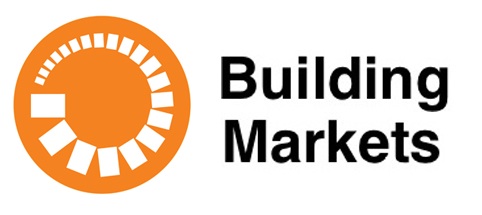
PDT – First Annual Plan of Action
Uncategorized
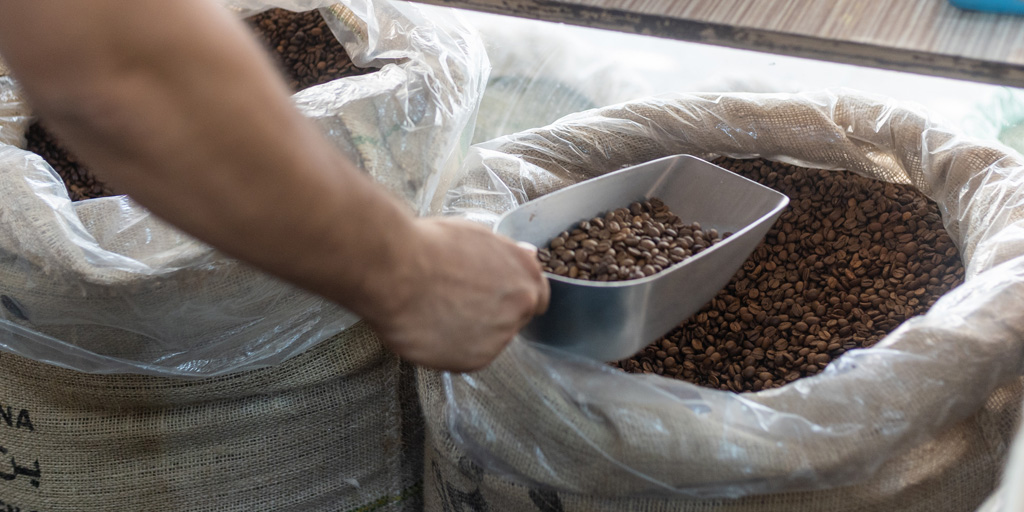

New assistance for local businesses available from Peace Dividend Trust
Uncategorized



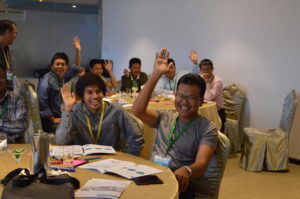
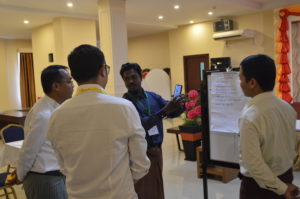
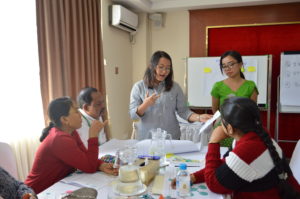
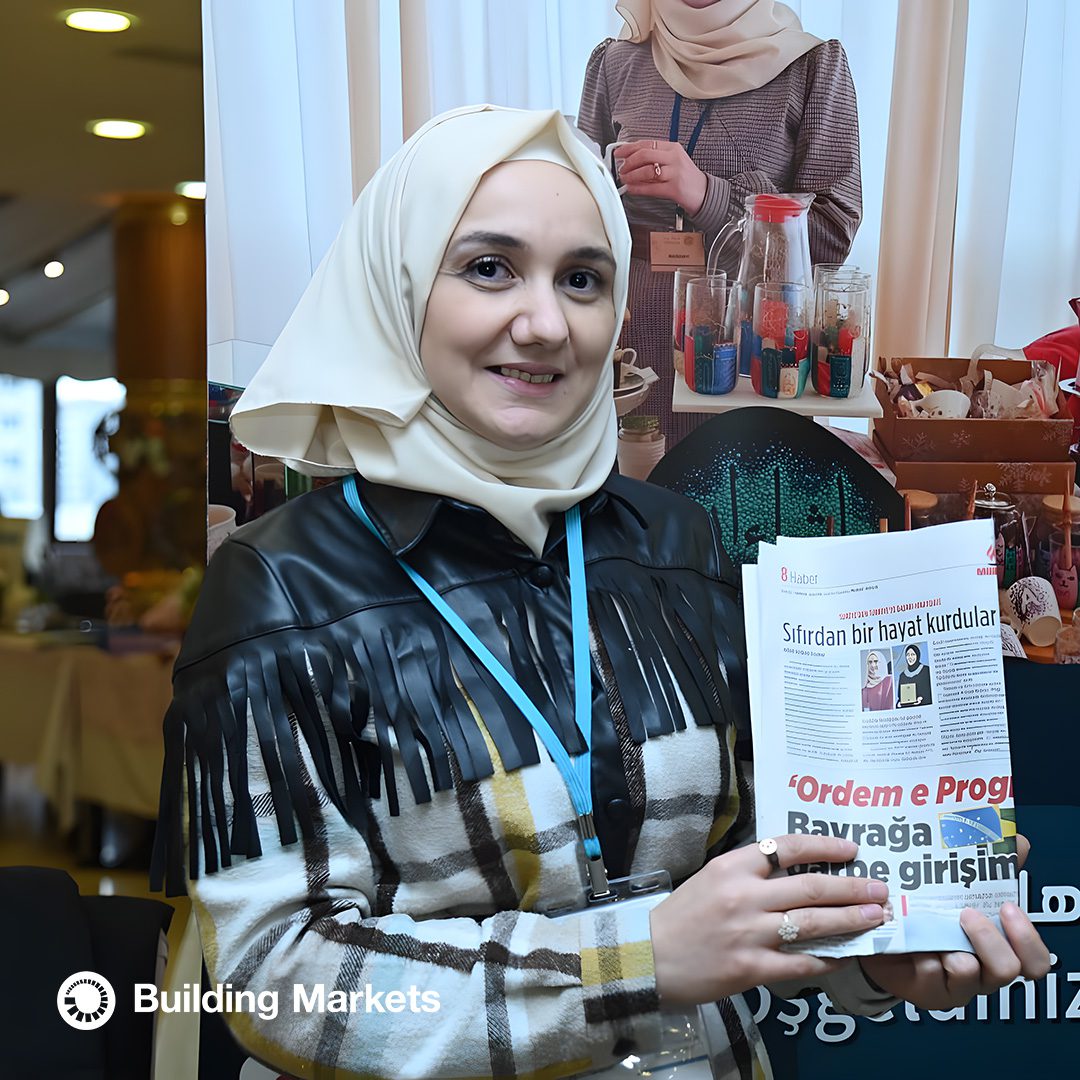

![[Press Release] Building Markets Awarded Grant from the Nasdaq Foundation to Empower Women Entrepreneurs in Colombia](https://buildingmarkets.org/wp-content/uploads/2024/03/Nasdaq-Partnership-Announcement-2.jpg)